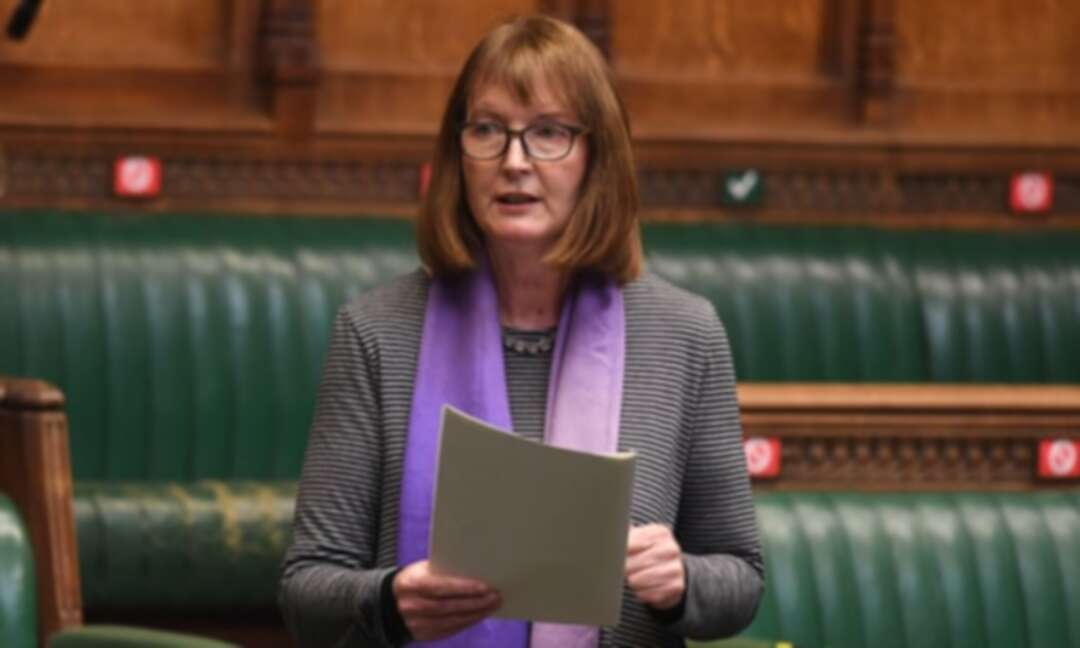-
Harriet Harman proposes plan for UK musicians to tour EU post-Brexit

Labour MP says government ‘cocked up’ negotiations on touring and is ignorant of the value of music to the econ Government ignorance of the arts is putting British musicians’ livelihoods at risk, Harriet Harman has argued,
in a call for an end to the post-Brexit bureaucracy for musicians looking to tour in the EU. The Labour MP today unveils a 10-point plan of proposed measures, backed by industry bodies such as the Musicians’ Union, UK Music and the Incorporated Society of Musicians, that would allow UK musicians to tour Europe without the need for visas and work permits – and the same for EU musicians visiting the UK – after a period of what she calls “unnerving silence” on the issue from the government. In January, the UK and the EU engaged in a protracted blame game regarding the lack of an arrangement to allow musicians to work freely across the continent. The government has said that making exemptions for musicians would go against its mandate to end freedom of movement, and said the door is open if the EU wishes to renegotiate.In February, a House of Commons survey of musicians who signed a petition calling for visa-free touring found that 81% of respondents said they were now likely to stop touring Europe. In addition, 60% said they were considering a change in career. Harman told the Guardian that the government’s position on freedom of movement meant they had “boxed themselves into a corner”. There was “no time to waste” on the issue, she said: if the government didn’t act now, “nothing is going to happen on this
source: Laura Snapes
Levant
You May Also Like
Popular Posts
Caricature
BENEFIT Sponsors BuildHer...
- April 23, 2025
BENEFIT, the Kingdom’s innovator and leading company in Fintech and electronic financial transactions service, has sponsored the BuildHer CityHack 2025 Hackathon, a two-day event spearheaded by the College of Engineering and Technology at the Royal University for Women (RUW).
Aimed at secondary school students, the event brought together a distinguished group of academic professionals and technology experts to mentor and inspire young participants.
More than 100 high school students from across the Kingdom of Bahrain took part in the hackathon, which featured an intensive programme of training workshops and hands-on sessions. These activities were tailored to enhance participants’ critical thinking, collaborative problem-solving, and team-building capabilities, while also encouraging the development of practical and sustainable solutions to contemporary challenges using modern technological tools.
BENEFIT’s Chief Executive Mr. Abdulwahed AlJanahi, commented: “Our support for this educational hackathon reflects our long-term strategic vision to nurture the talents of emerging national youth and empower the next generation of accomplished female leaders in technology. By fostering creativity and innovation, we aim to contribute meaningfully to Bahrain’s comprehensive development goals and align with the aspirations outlined in the Kingdom’s Vision 2030—an ambition in which BENEFIT plays a central role.”
Professor Riyadh Yousif Hamzah, President of the Royal University for Women, commented: “This initiative reflects our commitment to advancing women in STEM fields. We're cultivating a generation of creative, solution-driven female leaders who will drive national development. Our partnership with BENEFIT exemplifies the powerful synergy between academia and private sector in supporting educational innovation.”
Hanan Abdulla Hasan, Senior Manager, PR & Communication at BENEFIT, said: “We are honoured to collaborate with RUW in supporting this remarkable technology-focused event. It highlights our commitment to social responsibility, and our ongoing efforts to enhance the digital and innovation capabilities of young Bahraini women and foster their ability to harness technological tools in the service of a smarter, more sustainable future.”
For his part, Dr. Humam ElAgha, Acting Dean of the College of Engineering and Technology at the University, said: “BuildHer CityHack 2025 embodies our hands-on approach to education. By tackling real-world problems through creative thinking and sustainable solutions, we're preparing women to thrive in the knowledge economy – a cornerstone of the University's vision.”
opinion
Report
ads
Newsletter
Subscribe to our mailing list to get the new updates!






















